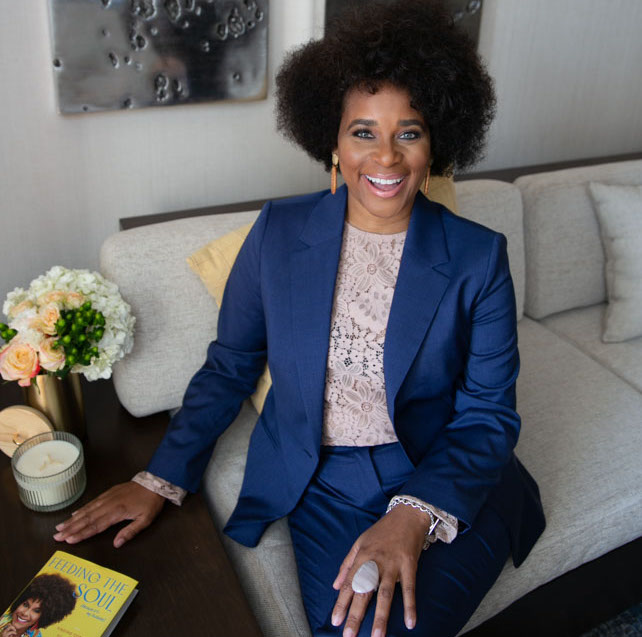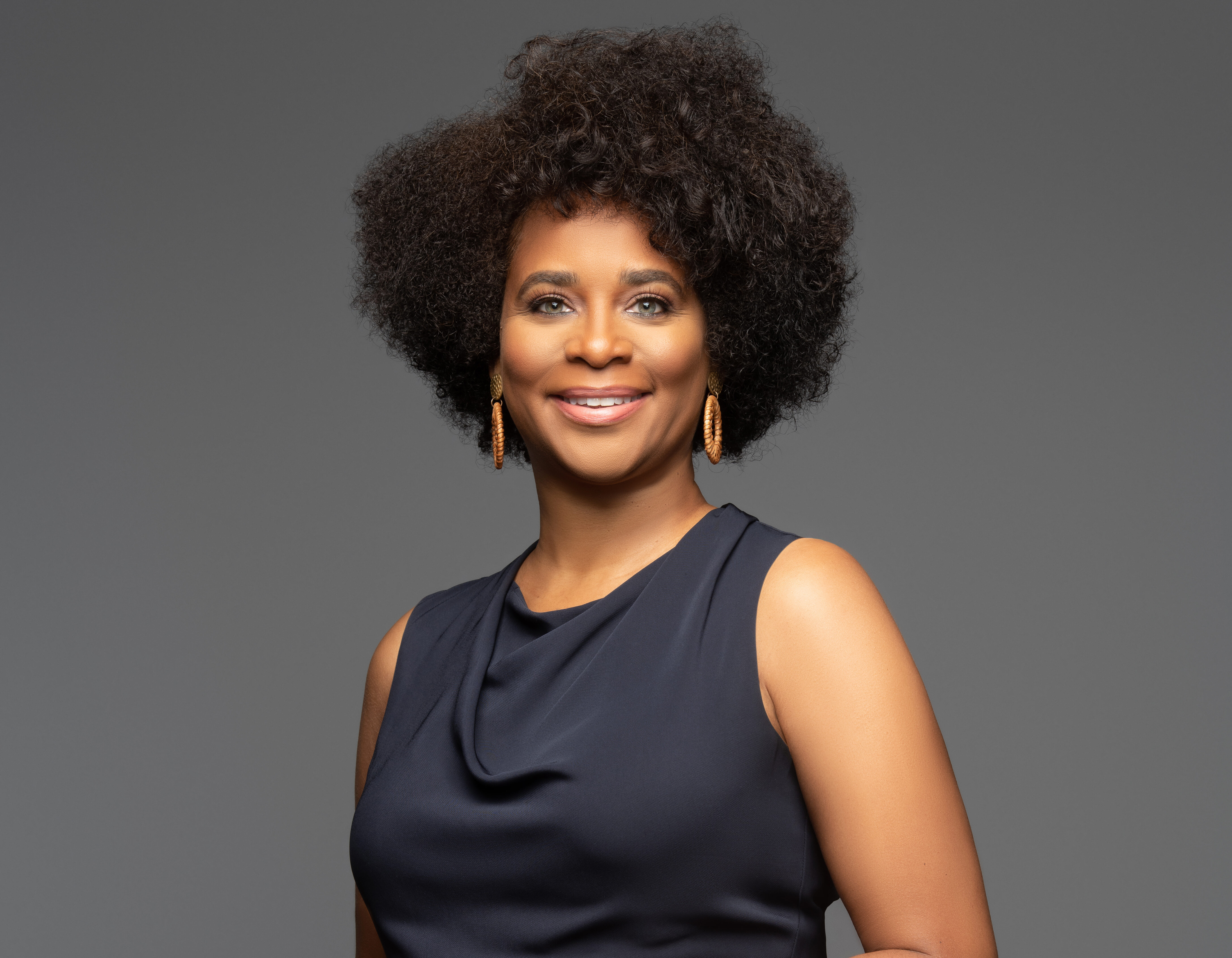Salise Haith knows firsthand that life can throw unexpected jabs at you. That’s why she has spent over a decade of her life working to help others achieve their dream of having a family. As someone who experienced the heartbreak of infertility, Haith decided to dedicate her life to others who are also struggling.
According to the Centers for Disease Control and Prevention (CDC), Black women are more likely to experience infertility than women of other races. It’s a tough reality that Haith knows all too well. But she’s determined to make a difference and help as many women as she can on their journey to parenthood.
21Ninety spoke to Haith about her UK-based organization LOHOJO, a global fertility coaching provider that provides virtual coaching, fertility affirmation calendars and a supportive, online community for women struggling with infertility. Haith shared details on her work and shed more light about the struggle of infertility.
A Conversation With Salise Haith
21Ninety: What motivated you to start doing the work you do?
Salise Haith: I wanted to help other women, particularly those of color, who may feel uncomfortable talking about their struggles with infertility due to the taboo surrounding this topic. In my career, I have noticed that many people mistakenly believe that infertility only affects individuals of European descent, and I wanted to help dispel this myth. Through my own infertility journey, I realized the importance of having a support system, and I wanted to be that support for other women who may be going through similar experiences.
21N: Why do you think people don’t see infertility as an issue Black women struggle with?
SH: I think there are a few reasons why people don’t see infertility as an issue affecting Black women. It’s a common stereotype that Black women are more likely to be teen mothers or have multiple children, which can lead to the assumption that they don’t struggle with infertility. This stereotype is often showcased in the media, including movies and TV shows.
In my experience, few people looked like me in the waiting rooms. It was mostly a white-dominated space, including the medical staff. This lack of representation can make it difficult for Black women to feel seen and understood in their struggles with infertility.

21N: People often think infertility is solely a woman’s issue. Is that true?
SH: In about 50 percent of cases, infertility is actually due to issues with the man’s sperm. There is a common misconception that infertility is always the woman’s fault, but that’s not true. Men can have problems with their sperm, like low count or poor quality, just like women can have issues with their eggs. And just like women’s eggs become less fresh as they age, men’s sperm can also become less fresh as they age. Men need to be regularly sexually active to keep their sperm healthy.
21N: Health reports have stated that Black sperm donors are rare. Is that true?
SH: When it comes to black women and infertility, having black sperm donors is not the only issue. Egg donors are just as important. I often advise couples to get both partners checked because infertility isn’t always the woman’s problem. We also need to consider other options like using a sperm or egg donor or freezing eggs, especially for women who want to focus on their careers before starting a family and may not be ready to have children until they’re older.
21N: What other options do women have besides In Vitro Fertilization?
SH: I know that many women choose to delay starting a family until their late 30s or early 40s. However, it’s important to understand that waiting can affect the quality of our eggs. As we age, the eggs in our bodies are subjected to various environmental and lifestyle factors, which can cause them to deteriorate. So, as someone who advocates for fertility, I want to inform others that freezing eggs is an option, but it’s important to consider that the quality may not be as good as when you were younger. Additionally, surrogacy is another option to consider. Someone else can carry the baby for you, especially if you are older and may not want to go through the physical challenges of pregnancy. It’s important to know that there are a range of options available beyond just relying on male sperm donors.
21N: What motivates you to keep doing this work?
SH: The reason I donate my time and effort to this cause is that I find it fulfilling to help others. While I may not be in the season of trying to conceive myself, I know there is so much stigma and shame surrounding infertility, regardless of race, ethnicity, religion, or beliefs. It can lead to disappointment, embarrassment, depression, grief, and even suicidal thoughts. It can strain marriages, finances, and relationships with friends and family. Infertility is also a huge burden for so many people, and they often don’t know where to turn. I want to be a safe space for people to discuss this difficult subject without feeling ashamed. I believe I am approachable and easy to talk to, and I know that sometimes it helps to talk to someone who has not been through the same experiences as you.
21N: What do you want Black women who are struggling with infertility to know?
SH: I think it’s important to acknowledge that going through fertility challenges can affect more than just the physical body. It can take a toll on your emotional and mental health as well. Hope deferred really can make the heart sick, and it’s important to recognize that this is not just a medical issue but a personal one as well. I want to encourage women to care for themselves emotionally and mentally as they navigate this journey. It’s easy to feel like your worth is tied up in your ability to conceive, but that’s not the case. I think it’s important to remind women that they are more than their fertility challenges and that support is available for them. It can be consuming and all-consuming, but there are ways to take care of yourself and find balance even in the midst of this difficult journey.
This article has been edited and condensed for length and clarity.
